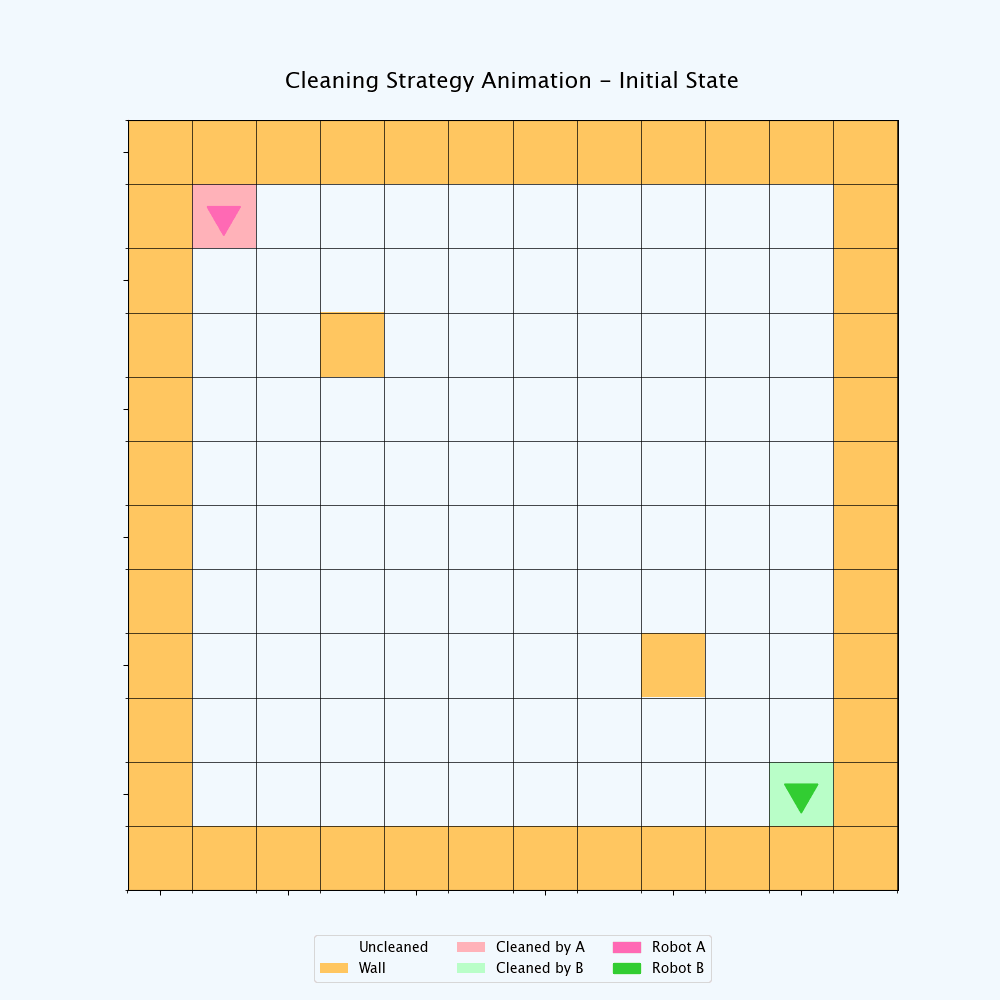* This page presents empirical academic research I have completed.
I love data. "The world is a big data problem."
Unforgettable Experience in Santa Fe Institute!

I am delighted and deeply honored to have been selected to participate in the 2024 Computational Social Science Doctoral Workshop organized by the Santa Fe Institute. I spent two unforgettable weeks alongside nine other outstanding doctoral students from around the globe. In the end, I successfully employed genetic algorithms to simulate the dynamic collaboration process of two cleaning robots performing their tasks. Here, I present some of the results and the accompanying PPT.
Also, my partner (@ Palok Biswas from Delft University of Technology) and I completed an assignment on modeling the process of social norm change. The code and final results can be accessed here.
Furthermore, I wholeheartedly recommend this program to all, as it warmly welcomes applicants from diverse disciplines worldwide and truly embodies the joy of collaborative research. To learn more about the project, kindly click here to access the detailed information page.
Slides in PDF format. However, the path animation is not displaying properly. If you're interested, feel free to contact me.


Knowledge contagion in large scale learning communities
This is a current work that implies my high interest of complex systems research. In fact, I discussed the relationship between knowledge diffusion, knowledge contagion, cohesion and structural equivalence models in my master thesis. The complex contagion of knowledge in large-scale online learning was discovered, and structural equivalence was confirmed as the main mechanism of knowledge contagion occurring.
Possible future topics include:
-
Emergence in large-scale online learning communities
-
Computational experiments: simulation of learning communities
-
Defining and measuring complexity in educational systems
Actually, this work is a challenge for me and I am learning about complex systems. I am currently in my first year as a PhD student. I am curious and enthusiastic about this new work.
Full paper


Hypervideo for Constructing "Quasi" Synchronous during Asynchronous Online Learning
We are familiar with hyperlinks, but we may not be familiar with hypervideo. Simply described, a hypervideo is a video with hyperlinks that enables navigation and backtracking between different pieces of information. We designed and developed a hypervideo-based online learning platform and discussed the advantages of hypervideo technology as a cognitive tool and social tool. The facilitation effect of hypervideo on presence and cognitive load is verified through quasi-experiments.
Main Findings: (Click envelope button to downlaod full paper)
-
Hypervideo learning enhances learners' social presence and reduces their intrinsic cognitive load;
-
Using productive failure (PF, Manu Kapur) as a hypervideo online pedagogy is superior to direct instructional teaching.
Paper-1
PPT for Paper 1
Paper-2
Chinese but English Abstract
Paper-3

Interactive AR for Inquiry Class
We designed an app about physics "Single Slit Diffraction" using AR technology, which can be installed and used on any Android system. The app was implemented using Unity 3D and Vuforia. In order to study its application in a real teaching situation, we designed the ASSURE inquiry-based model. Experimental and control groups were set up to assess the impact of AR technology on inquiry-based learning, controlling for extraneous variables such as teaching content and teachers, and teaching behaviors were analyzed through lag sequences.
Main Findings:
-
AR technology significantly improved students' performance of knowledge understanding
-
Students in the AR-based experimental group were more active in answering questions and had higher teacher response rates and more praiseworthy behaviors.
Paper-1
Paper-2
PPT for Paper 2
Paper-3
Chinese but English Abstract
